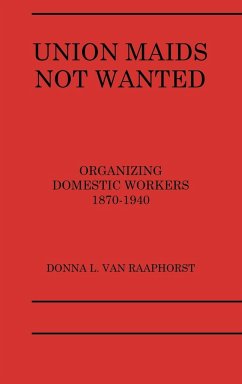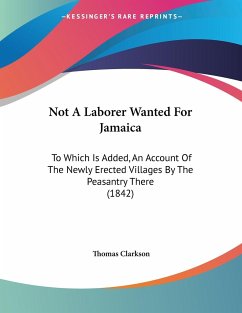Housework and domestic service have become popular topics within the scholarly community. . . Van Raaphorst . . . adds to this growing literature by illuminating the efforts to organize domestics in the years from the Civil War to WWII. The book does much more than this however. It surveys the period from early colonization to the 1930s and divides the history of domestic service into four distinct chronological eras. . . . The author examines the psychology of housework and assesses the occupation from the perspectives of the employer and employee. Finally, she sketches the seemingly innumerable but inevitably fleeting attempts to better the lot of the domestic either through organization or unionization. Choice Union Maids Not Wanted offers a comprehensive investigation of why the most populous group of the female workforce, domestic workers, was unable to establish long-lasting, powerful unions as have other groups of laborers. The author chronicles the number of colorful yet failed attempts at organization throughout the period of 1870-1940, analyzing the factors which worked together to prevent successful unionization. She systematically examines the psychology and nature of domestic work, union rejection of domestic laborers, employers' opposition to organization, and the frequent disagreements among the domestics themselves. Finally, she demonstrates how these factors affected the orientation of domestic workers to the organized labor movement as a whole and as a force within their own ranks.
Hinweis: Dieser Artikel kann nur an eine deutsche Lieferadresse ausgeliefert werden.
Hinweis: Dieser Artikel kann nur an eine deutsche Lieferadresse ausgeliefert werden.








